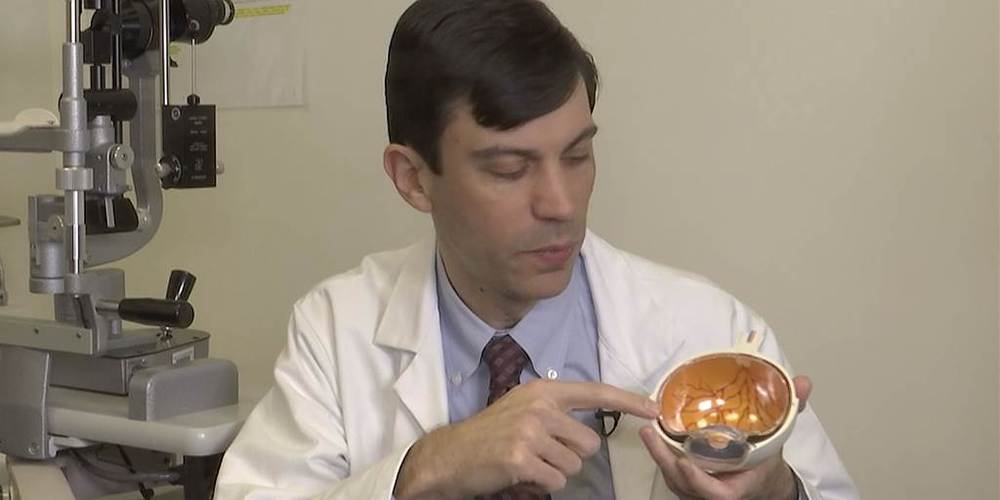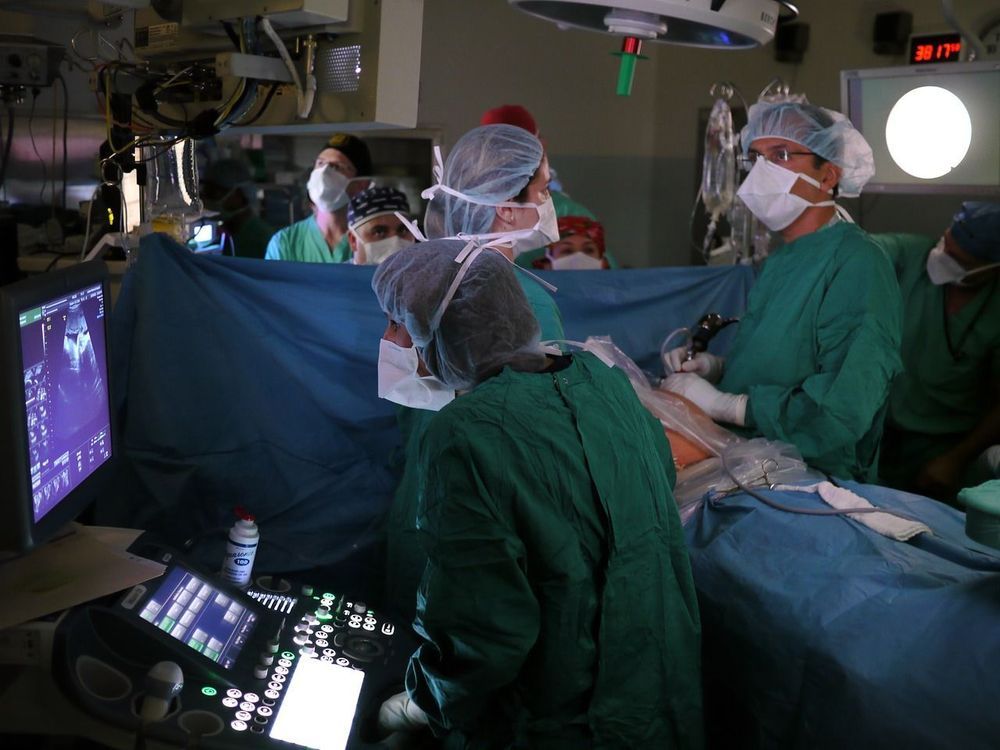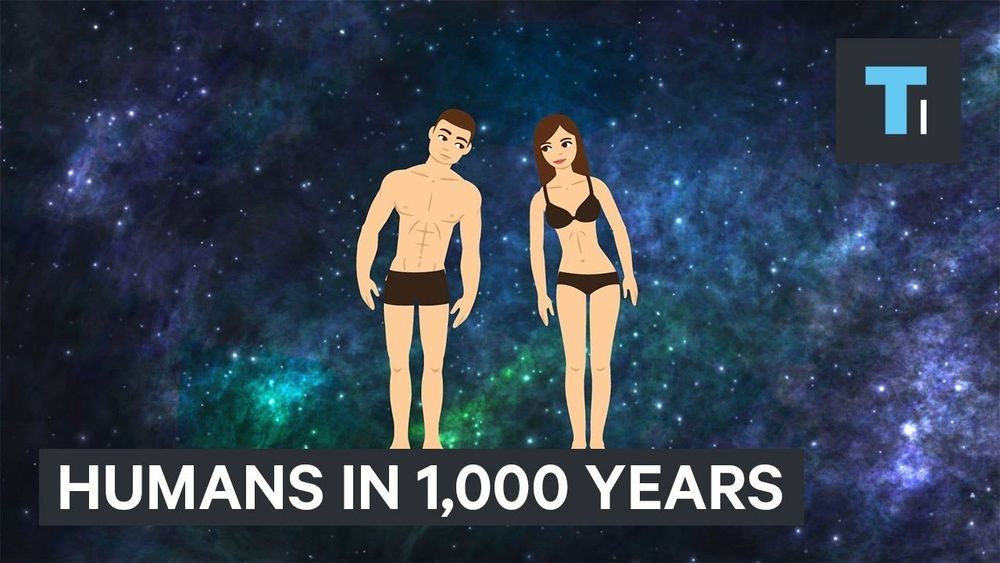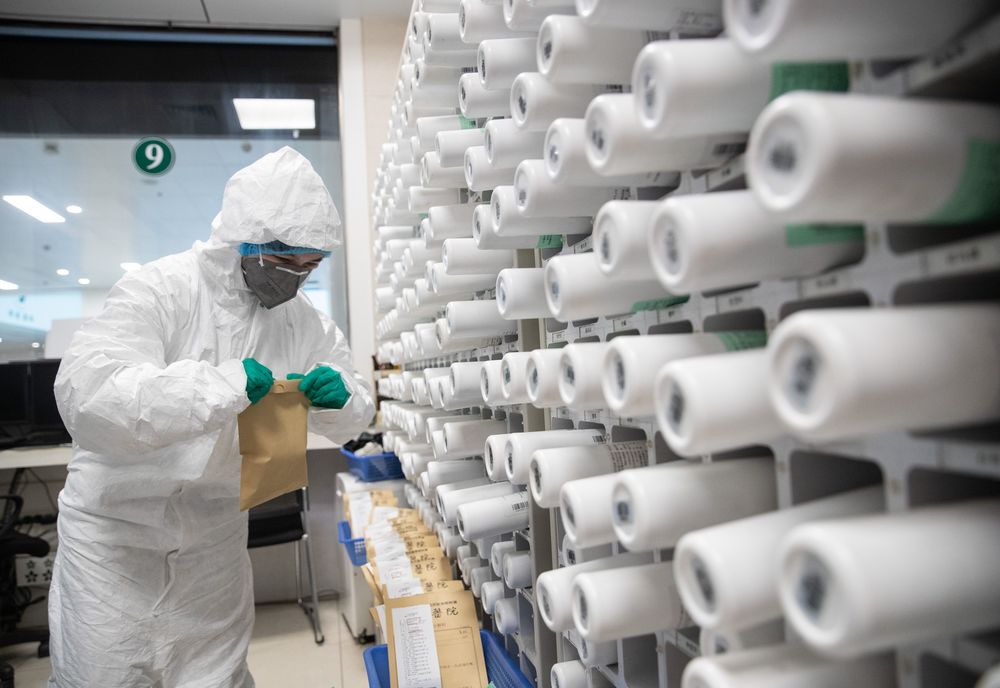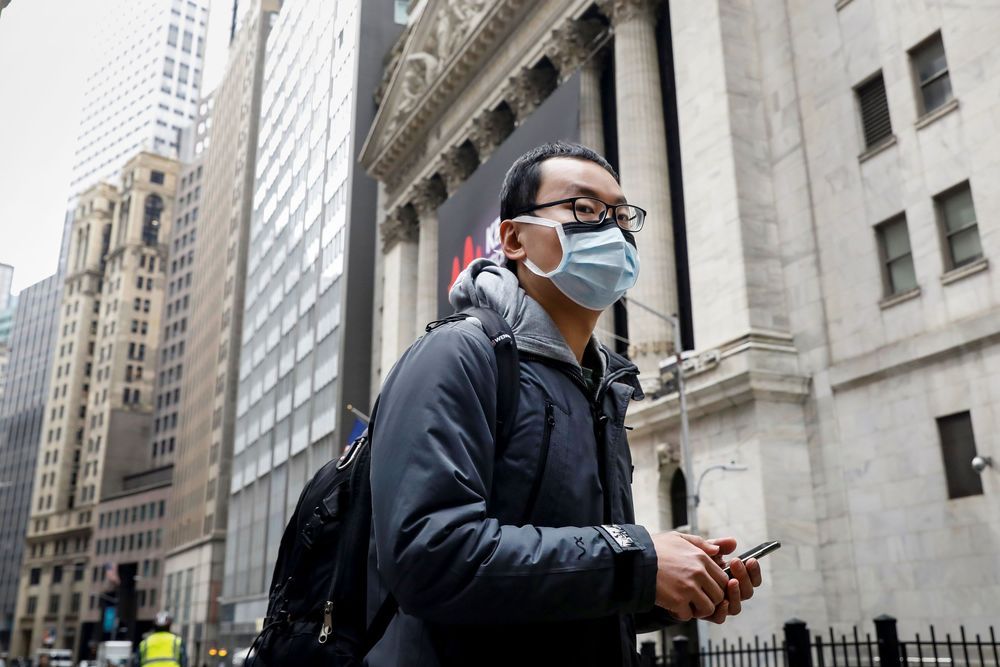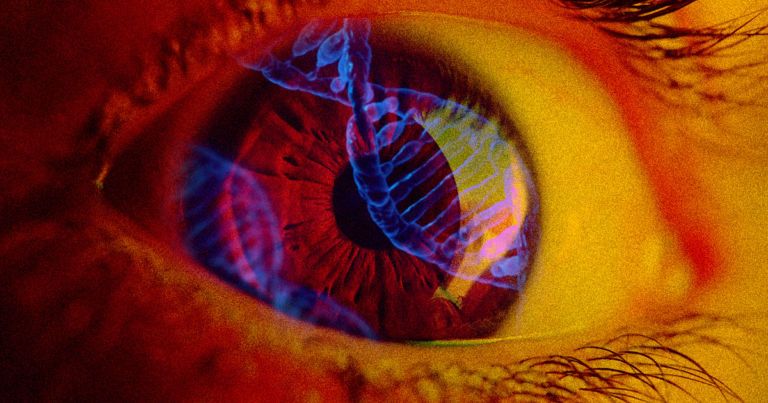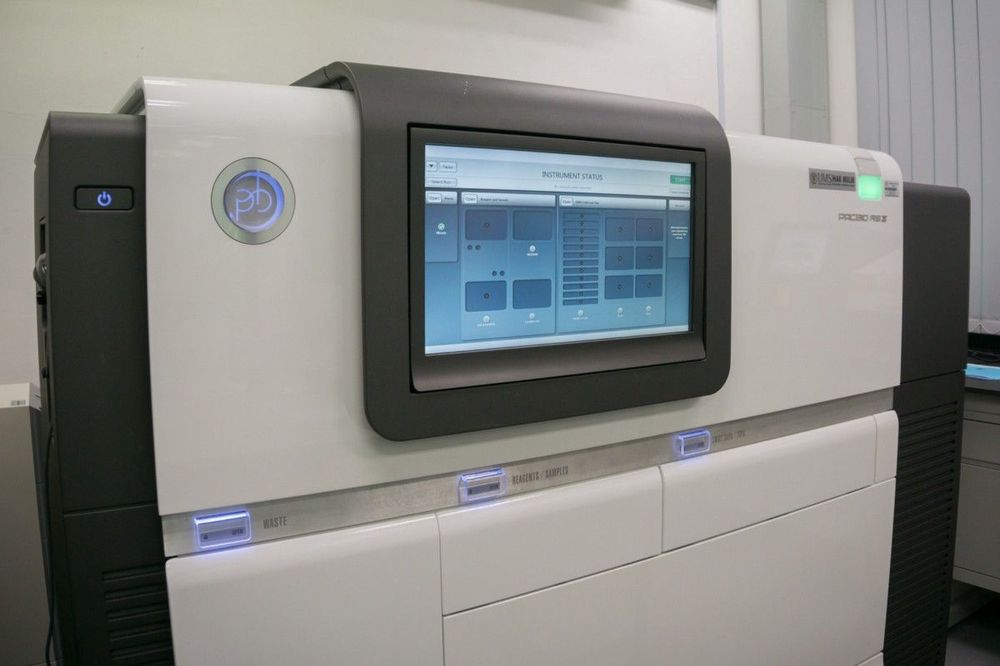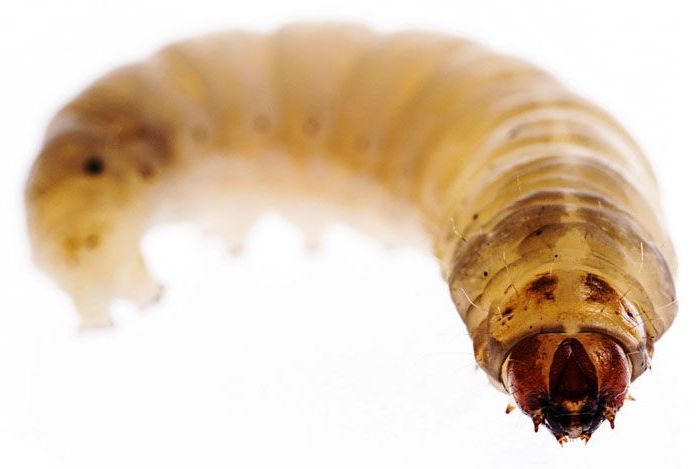Mar 5, 2020
Doctors use CRISPR gene editing inside a person’s body for first time
Posted by Paul Battista in categories: bioengineering, biotech/medical
Scientists say they have used the gene editing tool CRISPR inside someone’s body for the first time, a new frontier for efforts to operate on DNA, the chemical code of life, to treat diseases.
A patient recently had it done at the Casey Eye Institute at Oregon Health & Science University in Portland for an inherited form of blindness, the companies that make the treatment announced Wednesday. They would not give details on the patient or when the surgery occurred.
It may take up to a month to see if it worked to restore vision. If the first few attempts seem safe, doctors plan to test it on 18 children and adults.
